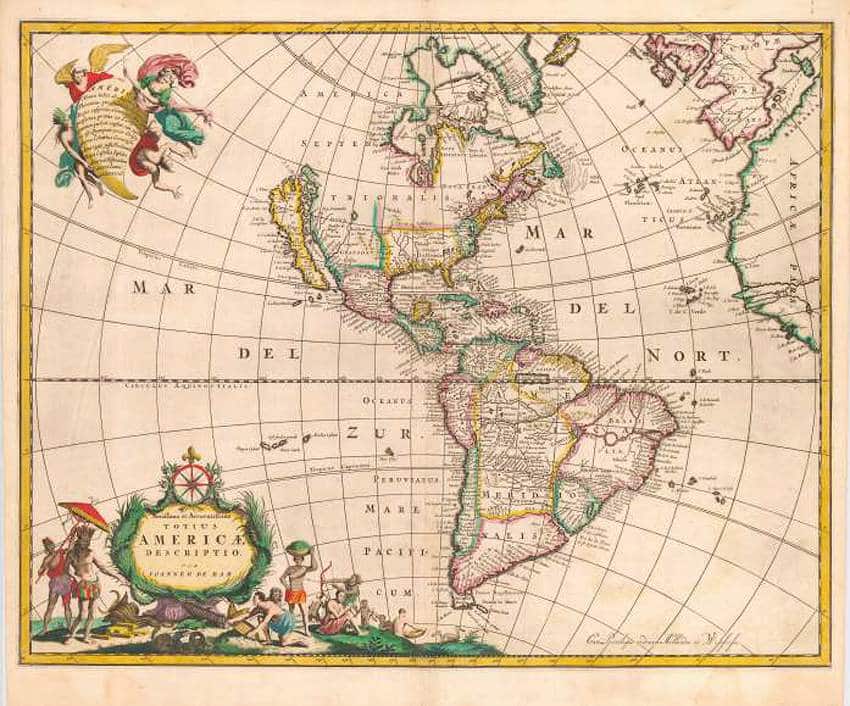In honor of our upcoming Independence Day, we thought it fitting to share some of William Penn’s thoughts. In the letter excerpt below, Penn had just received the Charter from King Charles II and was now contemplating the immense burden just placed on his 37-year-old shoulders:
“My Friends:
“I wish you all happiness, here, and hereafter. These are to let you know that it hath pleased God, in his providence, to cast you within my lot and care. It is a business that, although I never undertook before, yet God hath given me an understanding of my duty, and an honest mind to do it uprightly. I hope you will not be troubled at your change and the King’s choice for you are now fixed at the mercy of no governor that comes to make his fortune great; you shall be governed by laws of your own making and live a free, and if you will, a sober and industrious life. I shall not usurp the right of any, or oppress his person. God has furnished me with a better resolution and has given me his grace to keep it…”

In 1681, William Penn was granted a Charter to a piece of land in America “nearly the size of England”. Willing and ready to place into action his “holy experiment”, William Penn had a vision for Pennsylvania, a vision that would far exceed even the most liberal man’s expectations. Pennsylvania, so named by King Charles II in honor of Penn’s father, Sir Admiral Penn, the colony’s government’s design truly helped to form the basis of the Constitution we have come to know and abide by today. The most prominent of ideas that passed on into the freedoms we cherish today are the ability to choose your own faith, freedom of speech, and above all life, liberty, and the pursuit of happiness. Although our Founding Fathers never had the privilege of knowing William Penn himself, having been separated through a hundred years of history, I think it is safe to say that William Penn would have been proud to see how Pennsylvania and the states that were to follow came to form the country we know today.
“It is a clear and just thing, and my God that has given it me through many difficulties, will, I believe, bless and make it the seed of a nation. I shall have a tender care to the government that it be well laid at first.” (Wm. Penn to Robert Turner, March 1681)
By Mary Barbagallo, Intern
Further Reading:
Penn by Elizabeth Janet Gray, 1986, Graphics Standards, West Chester, Pa
